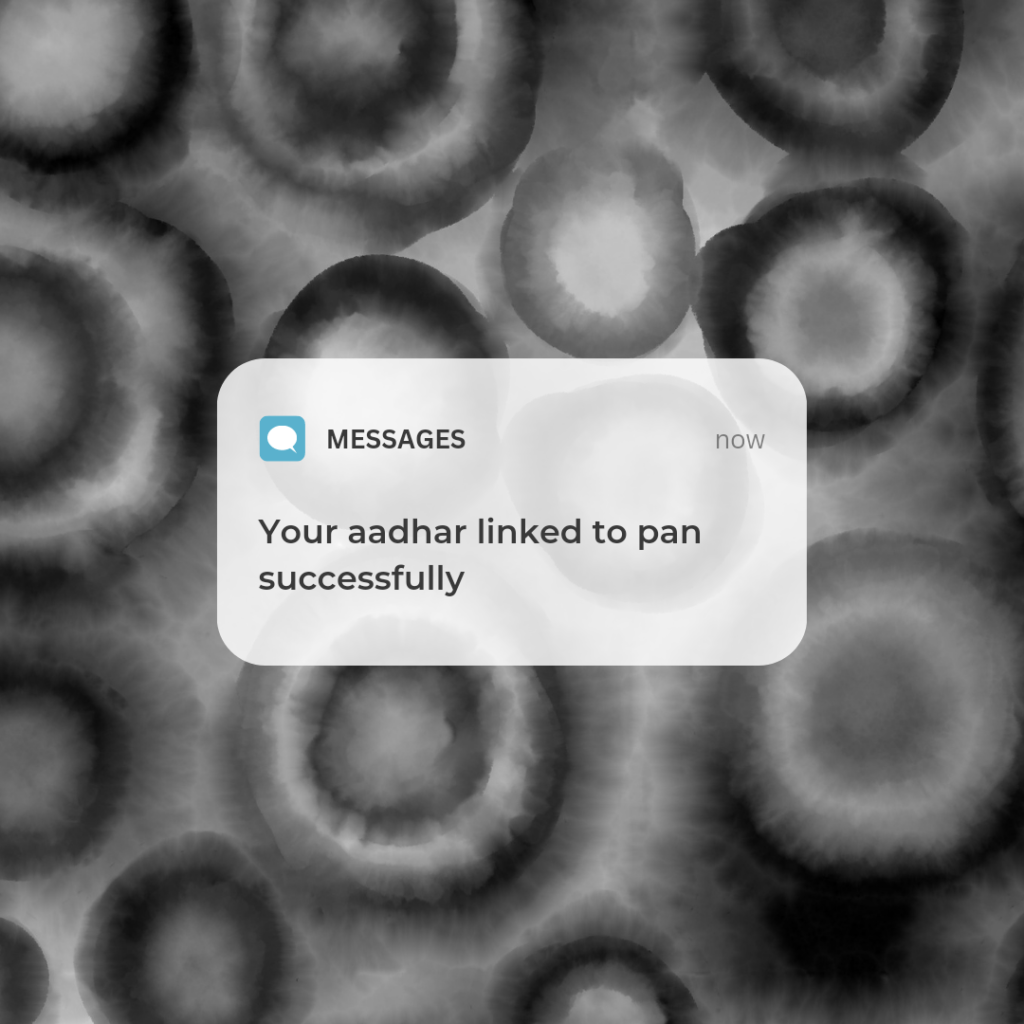Spotting the difference between menopause and endometrial cancer is crucial, as they can share some similar symptoms, such as irregular bleeding. However, they have distinct characteristics and risk factors. Here’s a comparison:
https://sumhelath.com/wp-admin/post.php?post=975&action=edit
Menopause:
- Age: Menopause typically occurs around the age of 45 to 55, with the average age being 51.
- Bleeding: In menopause, women may experience irregular periods, which can become lighter, heavier, or less frequent. They may also have episodes of spotting.
- Hot Flashes: Menopausal women often experience hot flashes, night sweats, and other vasomotor symptoms due to hormonal changes.
- Vaginal Dryness: Vaginal dryness and discomfort during intercourse are common in menopause due to declining estrogen levels.
- Hormonal Changes: Hormone levels, especially estrogen and progesterone, decrease significantly during menopause.
Endometrial Cancer:
- Age: Endometrial cancer is more common in postmenopausal women, typically over the age of 50. However, it can occur at any age.
- Bleeding: Abnormal vaginal bleeding, such as postmenopausal bleeding or heavy and prolonged bleeding in women still having periods, is a key symptom of endometrial cancer.
- Pain: While not always present, pelvic pain or discomfort can be associated with endometrial cancer in some cases.
- Unintended Weight Loss: Significant and unexplained weight loss can be a symptom of advanced endometrial cancer.
- Risk Factors: Factors like obesity, diabetes, hormone replacement therapy (HRT), and certain genetic conditions can increase the risk of endometrial cancer.
- Biopsy: Diagnosis of endometrial cancer typically involves a biopsy of the endometrial tissue to confirm the presence of cancer cells.
It’s essential to consult a healthcare professional if you experience any abnormal bleeding, especially if you are postmenopausal, to rule out serious conditions like endometrial cancer. Regular gynecological check-ups and maintaining a healthy lifestyle can help in early detection and prevention of both menopausal discomforts and endometrial cancer.



